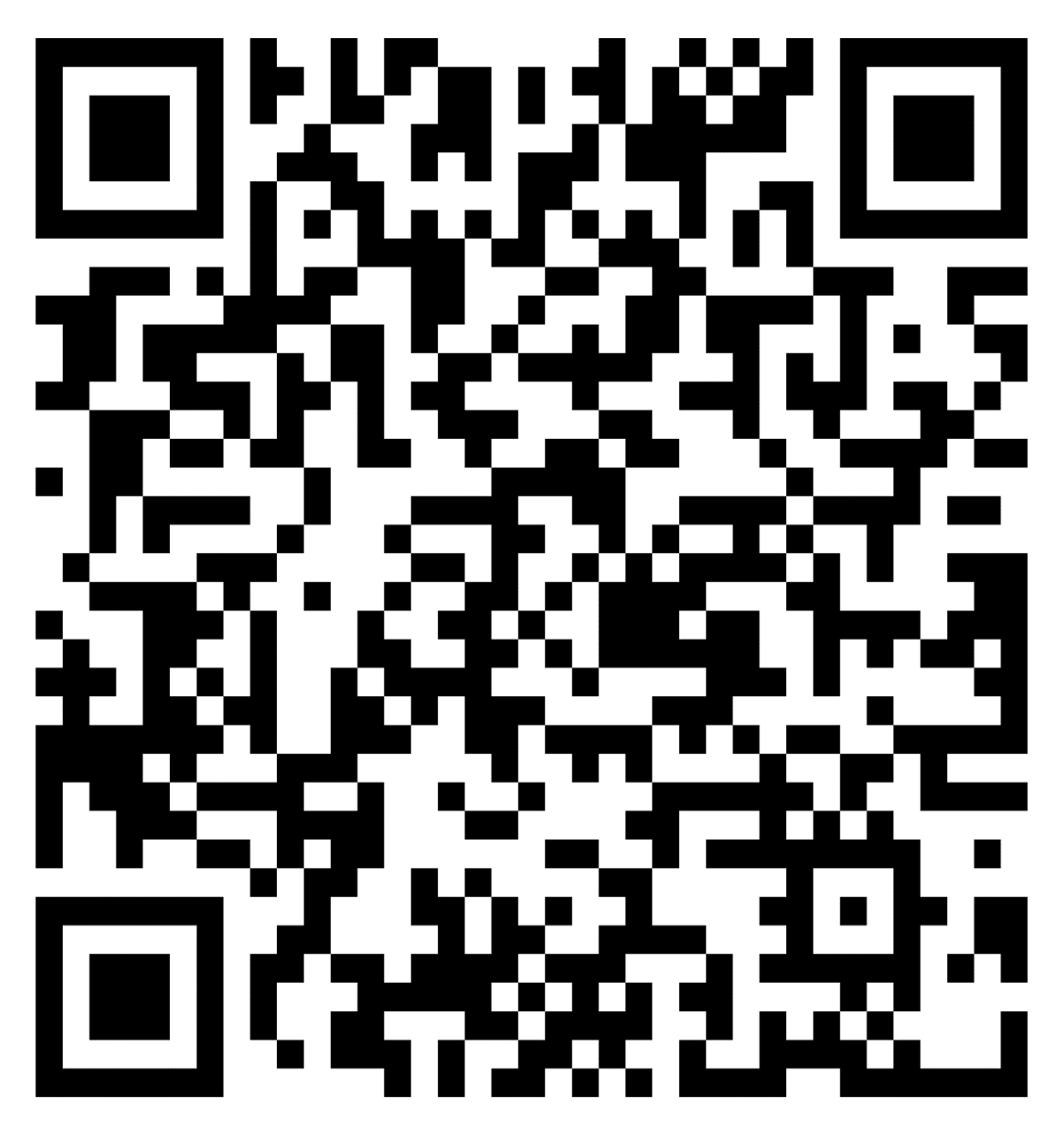Whatever you're saving for, we can help
There's no one-size-fits-all approach to investing. Check out some tips for the goals listed below, and learn how to balance them to fit your budget and lifestyle.
Whatever you're saving for, we can help
There's no one-size-fits-all approach to investing. Check out some tips for the goals listed below, and learn how to balance them to fit your budget and lifestyle.
Unlock investing basics
Learning about financial topics is a great way to gain confidence as you start your investing journey.
Tools & calculators
Access tools and calculators to help you plan your investment strategy.
Tools & calculators
Access tools and calculators to help you plan your investment strategy.
Learn more about what matters to you
No matter what investing topic interests you, the information you need is at your fingertips.
Learn more about what matters to you
No matter what investing topic interests you, the information you need is at your fingertips.
Want to learn more about investing?
Sign up for The Vanguard View, our monthly newsletter.
Enter your email address to receive information about Vanguard. We may also send you other Vanguard information you might be interested in. You can opt out at any time.
All investing is subject to risk, including the possible loss of money you invest.
Vanguard's advice services are provided by Vanguard Advisers, Inc. ("VAI"), a registered investment advisor, or by Vanguard National Trust Company ("VNTC"), a federally chartered, limited-purpose trust company.
The services provided to clients will vary based upon the service selected, including management, fees, eligibility, and access to an advisor. Find VAI's Form CRS and each program's advisory brochure here for an overview.
VAI and VNTC are subsidiaries of The Vanguard Group, Inc., and affiliates of Vanguard Marketing Corporation. Neither VAI, VNTC, nor its affiliates guarantee profits or protection from losses.
